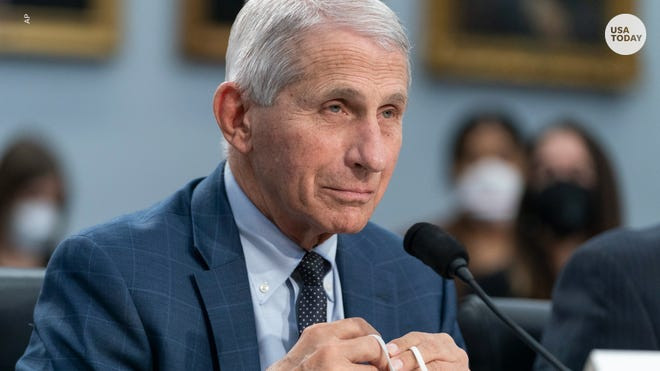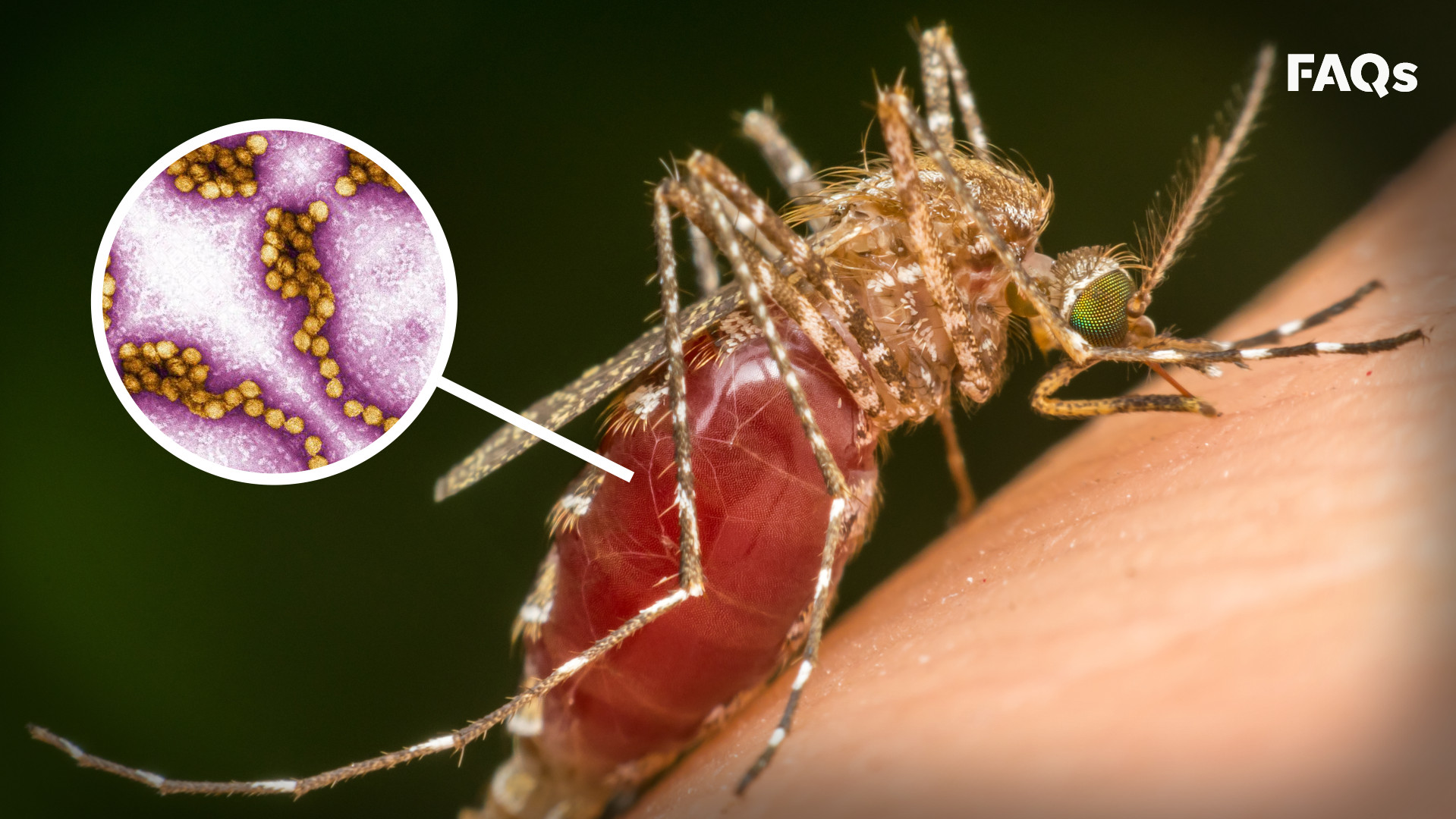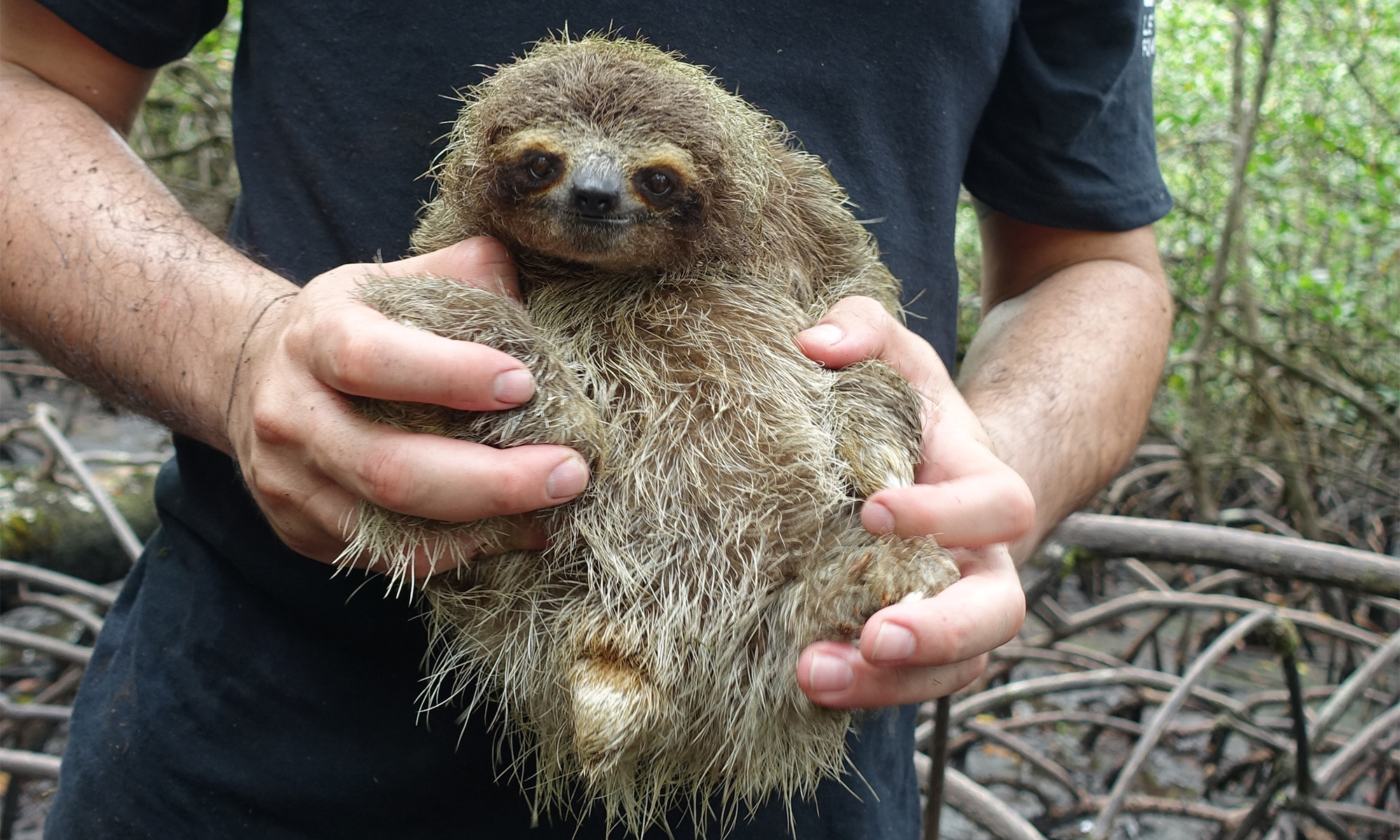This week, Dr. Anthony Fauci, former head of the National Institute of Allergy and Infectious Diseases, revealed that he was recovering from West Nile virus. Fauci, 83 was hospitalized for six days and is now recuperating at home.
“A full recovery is expected,” his spokesperson said, according to the Washington Post.
What is West Nile virus (WNV), and how is it spread, treated, diagnosed, and prevented? Read on to learn more.
What is West Nile Virus?
West Nile virus, an infectious disease spread by mosquitoes, first described in 1937, is named for the West Nile district of Uganda where it was discovered. In the US, the virus was first detected in 1999 when a number of human cases were diagnosed in New York.
According to the Centers for Disease Control, West Nile virus is the country’s leading cause of mosquito-borne disease.
West Nile Virus Statistics and Spread
In 2023, there were 2,600 cases; the virus sent 1,800 Americans to the hospital and was responsible for 182 deaths. The CDC has confirmed 216 cases so far this year. However, these numbers do not represent the scope of the virus, as many who contract it will not be tested for it.
West Nile Virus is an illness transmitted via infected mosquitoes, specifically a bite from the Culex mosquito. WNV infects humans, birds, horses, and other mammals. In rare cases, WNV affects dogs and cats.
When bitten, infected birds and horses become viremic, meaning they carry the virus in their blood and can transfer it to mosquitoes that feed off them. Over the summer, that cycle leads to an increase in infected mosquitoes, leading to an increased risk of human infection via mosquito bites.
West Nile Virus Season
Most human infections occur in late summer, peaking in August and September.
According to the CDC, people are considered dead-end hosts for WNV as they do not develop high enough levels of the virus in their bloodstream to pass it on to other mosquitoes who feed on them.
On very rare occasions, the virus is transmitted from person to person by blood transfusion, organ transplant, and from mother to fetus during pregnancy, and from mother to child during delivery or breastfeeding.
West Nile Virus Symptoms
In 80 percent of human cases, the disease is asymptomatic, but one in five patients will develop symptoms, and a smaller cohort will require serious medical care.
Symptoms of West Nile present in roughly 20 percent of people infected and typically appear between three and fourteen days after being bitten. Symptoms include:
- Fever
- Headache
- Body aches
- Nausea
- Vomiting
- Diarrhea
- Rash
- Swollen lymph nodes
In rare cases, about 1 in 150, serious complications and neurological symptoms, including meningitis and paralysis, have been reported in patients with WNV. Roughly one in ten people who develop serious symptoms die from the infection.
Risk increases with age, and those over 60, like Fauci, are most vulnerable. Other compromised populations include those with cancer, diabetes, hypertension, kidney disease, or organ transplant recipients.
Of the 216 WNV cases reported this year, 142 involved neuroinvasive disease, the most serious form of WNV fever.
West Nile Virus Treatment and Prevention
There is no specific treatment or vaccine for West Nile virus. The best course of action is to prevent infection. The CDC recommends the following precautions.
- Use insect repellent with DEET, picaridin, IR3535, or oil of lemon eucalyptus.
- Wear light-colored, long-sleeved shirts and long pants when outdoors.
- Avoid being outdoors during peak mosquito activity, which is usually from dusk to dawn.
- Make sure window and door screens are in good condition and free of holes.
- Empty standing water from containers such as flower pots, bird baths, and buckets, as mosquitoes breed in stagnant water.
- Talk to your veterinarian about vaccinating your horse, as horses can also contract WNV.
West Nile Virus in NYC
As of last month, mosquitoes with West Nile virus have been confirmed in all five boroughs of New York City, according to city health officials.
In October 2021, West Nile virus cases in NYC tripled during one of the worst mosquito seasons to hit the northeast.
Only 18 people in the city have been killed by the disease since the first known case.
Conclusion: Stay Vigilant During Mosquito Season
West Nile virus is a serious public health threat that can cause severe illness and even death. By taking steps to prevent mosquito bites, you can protect yourself and your loved ones. Stay informed about the risks and take appropriate precautions during mosquito season.


















